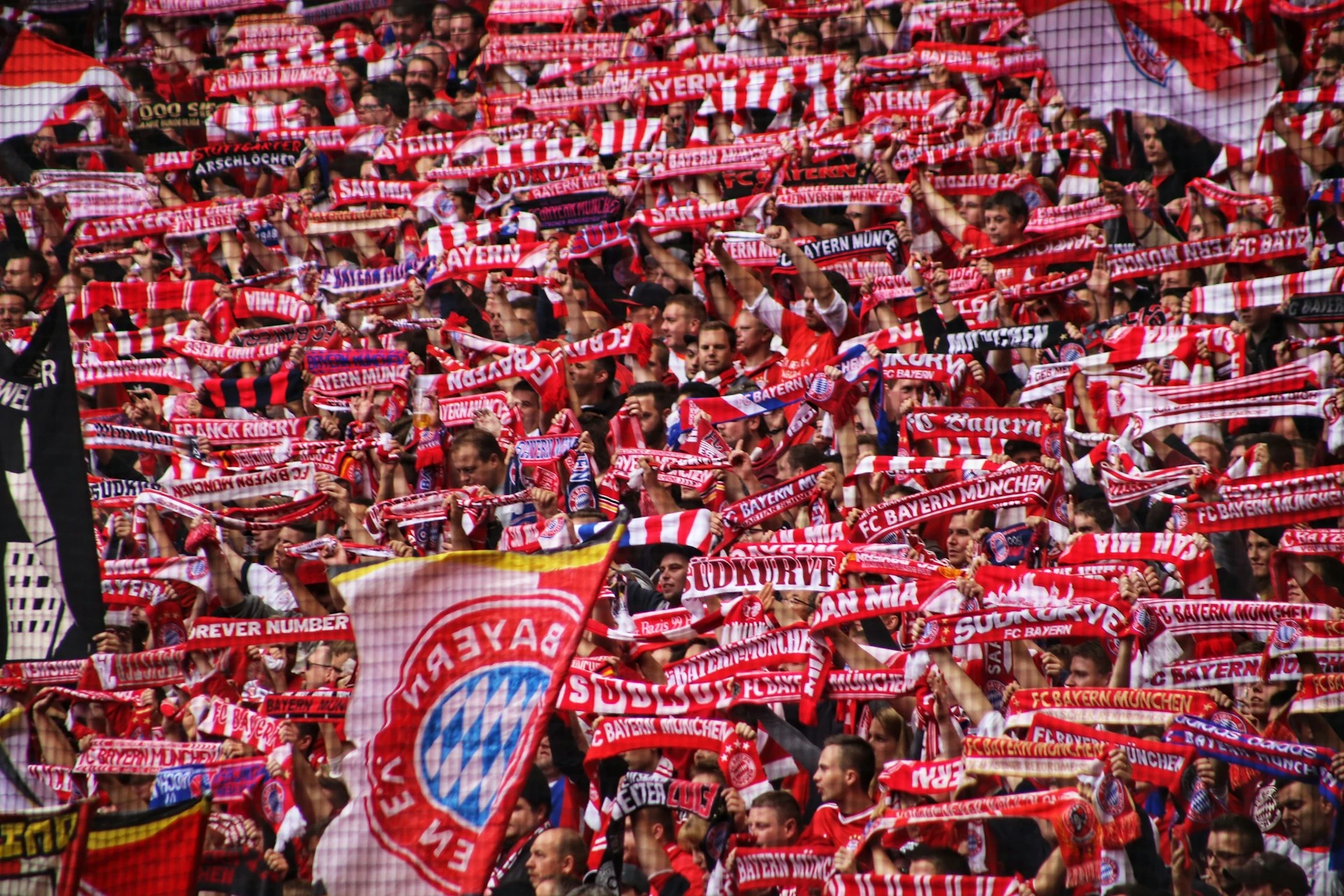Regulator’s report highlights German gambling’s ‘structural problem’, warns DSWV

The leading sports betting industry association in Germany has warned of a “serious structural problem” in the regulated gambling sector following the release of new market data.
The German Sports Betting Association (DSWV) renewed its call for urgent reforms to the country’s gambling laws after the Joint Gambling Authority of the Federal States (GGL) published comprehensive industry figures for 2024. The data revealed that around 25% of all gambling in Germany still takes place via unlicensed operators – a figure DSWV claims could significantly underestimate the real scale of the black market.

DSWV expressed particular concern over the revelation there are currently 11 unlicensed gambling operators for every licensed betting platform in the country.
“This development is a warning signal,” said DSWV President Mathias Dahms. “Illegal providers benefit from the fact that they can offer a much wider range of bets – especially in the area of particularly popular live betting and the number of sports and competitions that can be bet on.
“This is precisely why many users switch to these illegal sites.”
DSWV questions black market figures
According to GGL’s 2024 statistics, the number of illegal German-language sports betting websites monitored by the regulator increased from 281 in 2023 to 382 – a 36% rise. In comparison, only 34 websites from 30 operators held licences and appeared on the official white list published by the GGL.
While the regulator has, for the first time, offered a concrete estimate of the unauthorised gambling market share, DSWV remains sceptical. The group pointed to several independent studies – including the Schnabl report, commissioned by DSWV and DOCV – which suggest the black market may exceed 50% of all gambling activity in Germany.
DSWV argued that these figures highlight fundamental flaws in the current regulatory framework, which was introduced via the 2021 Interstate Treaty on Gambling.
“At least a quarter of the market is illegal – this is clear, official confirmation that the black market has long been a serious structural problem and not a marginal phenomenon,” said Dahms.
“Anyone who wants to strengthen player protection must ensure that legal providers become competitive. Otherwise, it is precisely this protection that will be undermined by illegal offers.”
DSWV calls for gambling regulation reform in Germany
DSWV claims the GGL’s new figures underscore the need for a regulatory overhaul to make the licensed gambling market in Germany more attractive to consumers. The association said licensed betting operators face excessive restrictions and should be allowed to offer a broader range of products.
In contrast to the black market, licensed operators in Germany are subject to strict compliance requirements, including mandatory identity verification, bet limits and access to the national cross-operator player blocking system.
In Germany there is a €1 maximum stake limit on online slots in place, as well as industry-wide deposit limits, as enforced by the Interstate Treaty. Players are also capped at a €1,000 monthly deposit across all regulated platforms.
Back in December 2023, an interim evaluation of the Interstate Treaty was launched to assess the effectiveness of current gambling regulations in Germany and make recommendations for improvements. Some of these suggestions are likely to be adopted by the federal states when they amend the law this year.
“The legal market is safer today than ever before, with extensive measures to protect players,” said Dahms.
“But if this market becomes less attractive due to overregulation, users will switch to illegal offers. Only those who create a reputable but also attractive offering can keep players in the legal market and effectively curb the black market.
“The best protection against the black market is an attractive, legal offering. This includes more permitted types of betting, more live betting and realistic regulation.”
